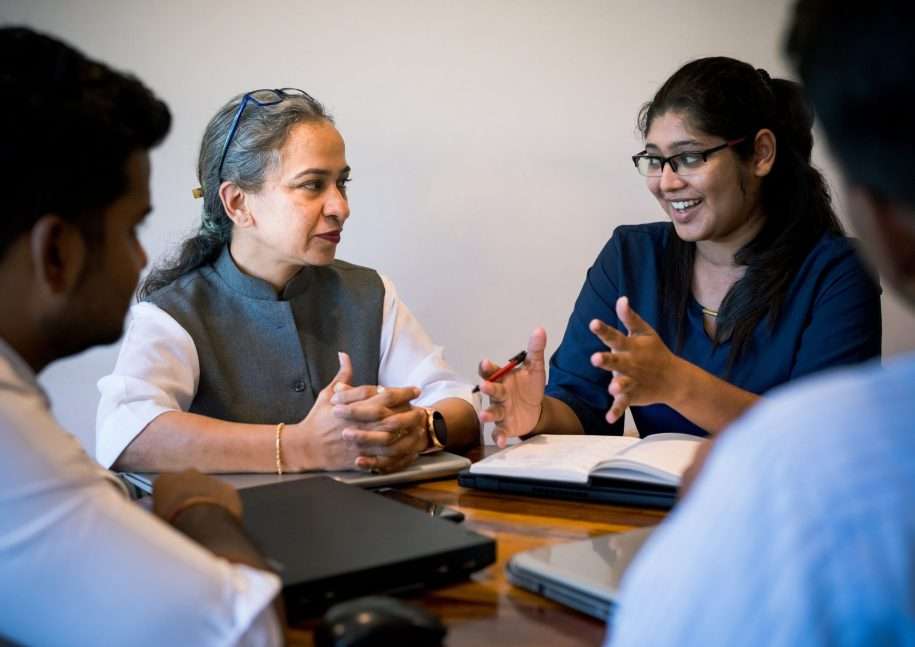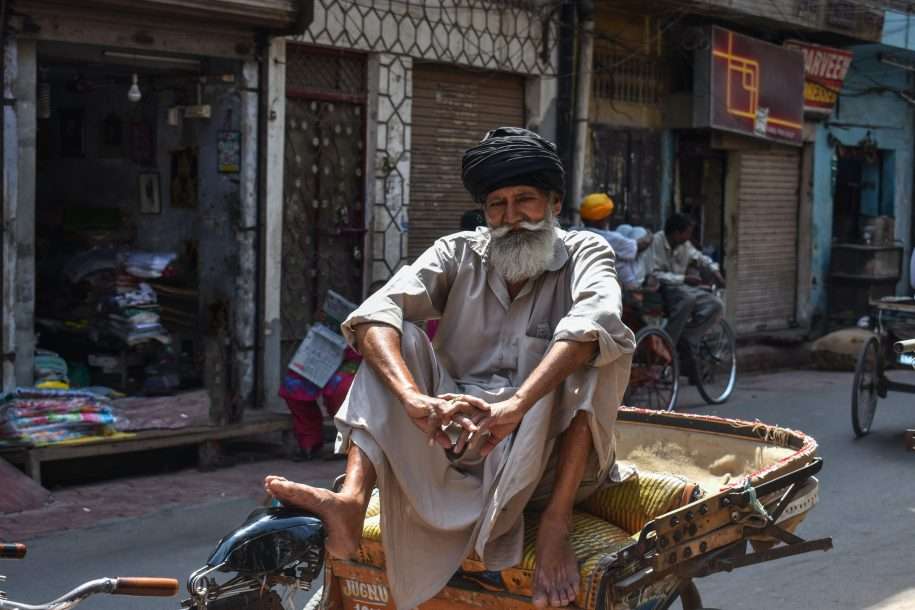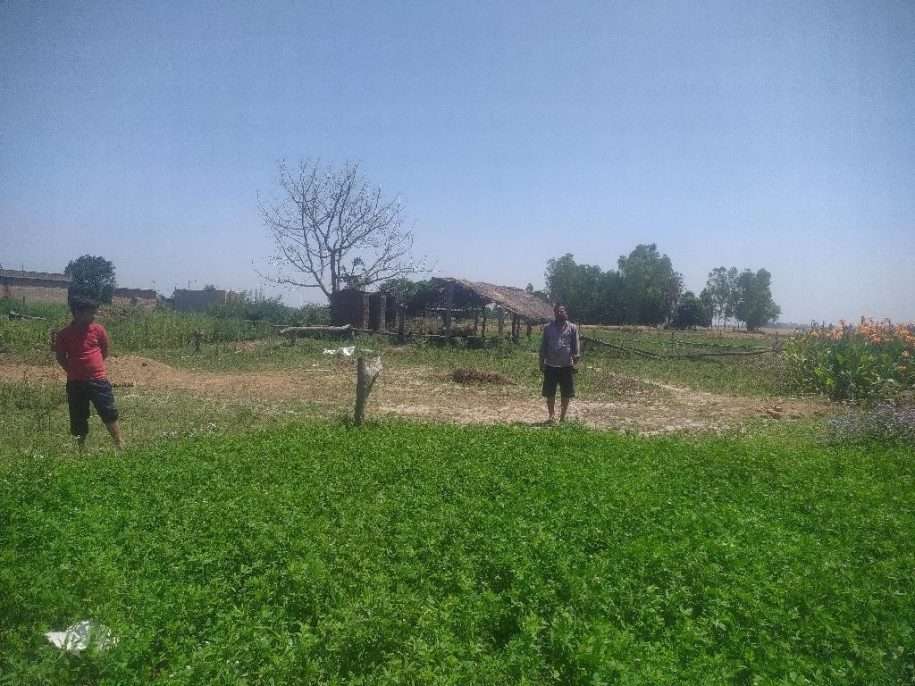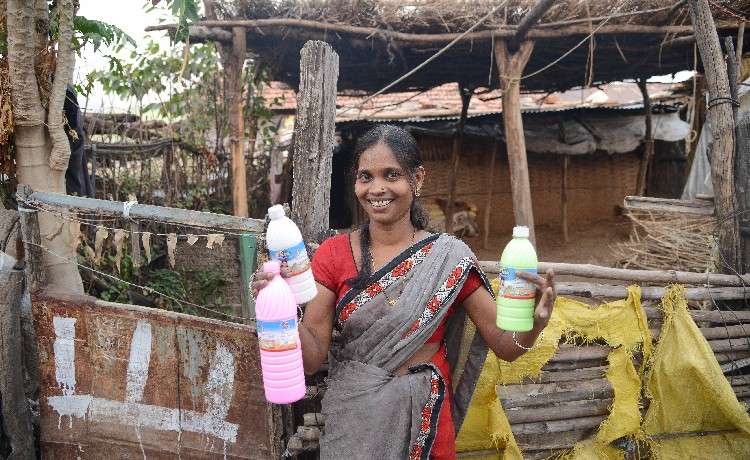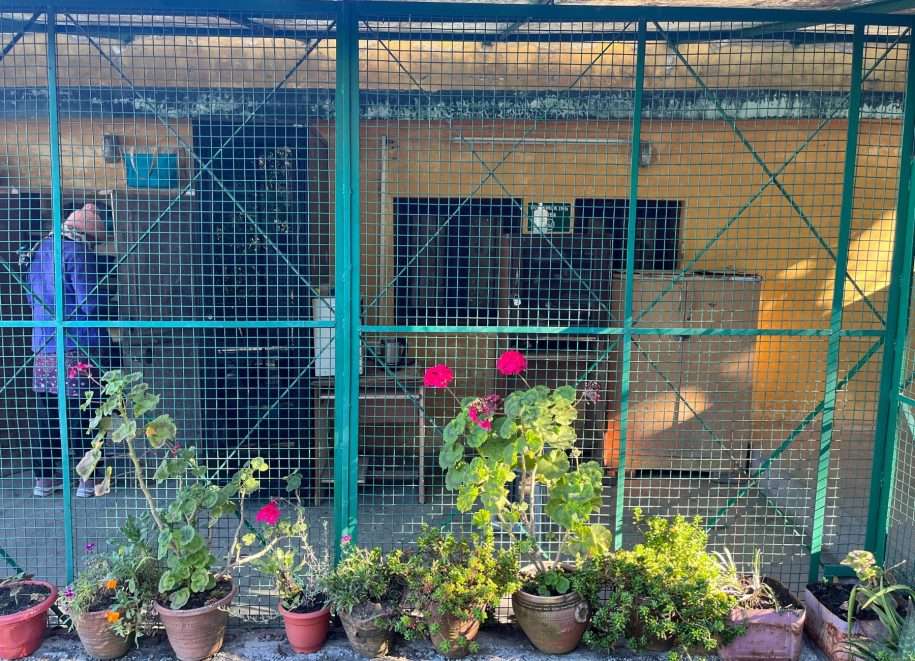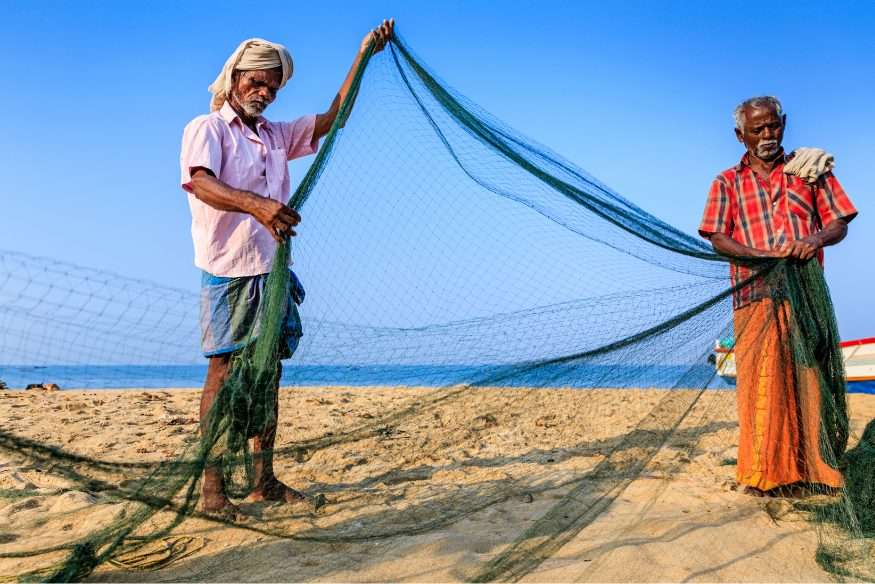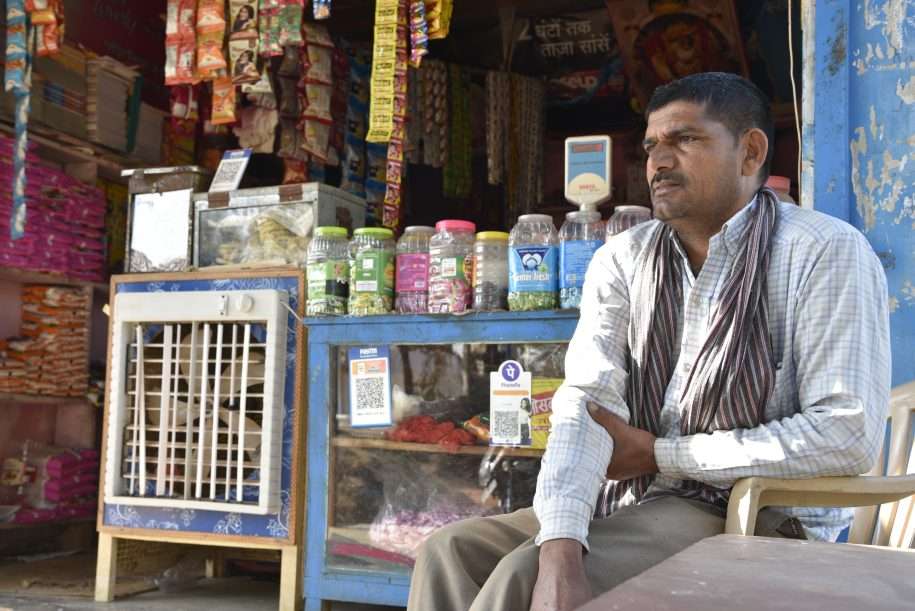This blog dissects social commerce in the business realm. To better understand how social media and e-commerce work together, our research explores the role social commerce plays in the advancement of women-owned businesses. The piece’s core objective is to provide … Read More
-
 BlogFollow our blog for insightful analysis and expertise on development
BlogFollow our blog for insightful analysis and expertise on development
trends, policies and evidence.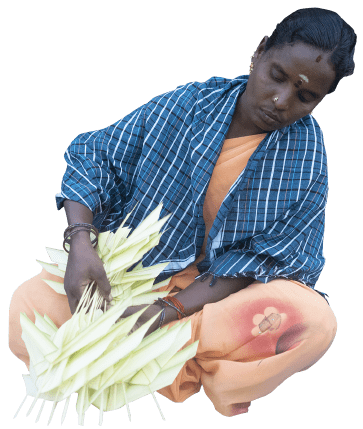
Social Commerce and the Growth of Women Entrepreneurship
Megha Shree, Inayat Singh Beri | February 13, 2024
Minding the Gender Gap in MSME Credit
Vatsima Tripathi, John Arun | December 18, 2023
NBFIs have introduced “subjective” discretion in the underwriting and credit analysis process for women entrepreneurs. While mainstream financial institutions do not back this strongly, the non-traditional institutions have taken a leap forward for inclusion of women borrowers. Women-run MSMEs constitute … Read More
Gig Economy – The Indian Picture So Far
Sabina Yasmin, Panchali Banerjee | December 1, 2023
In the wake of COVID 19, Gig work emerged as a lucrative source of income generation for many. Significant advancements in technology, which allow quick access to and delivery of services even through mobile devices, have further enabled its proliferation … Read More
Measuring Financial Health of Informal Workers: Why it Matters
Sabina Yasmin, Panchali Banerjee | November 17, 2023
The global pandemic would be the most recent and appropriate example to substantiate the need for measuring the financial health of informal workers. COVID-19 induced severe downscaling of economic activities, due to which the LMICs have suffered strong financial consequences. … Read More
Smallholder Farmers, Big Challenges – Need for Transboundary Governance Solutions
Sabina Yasmin | October 13, 2023
South Asian economies primarily depend on agriculture for employment, with nearly 1.5 billion people directly dependant on the sector. However, in recent times, changing climatic conditions are impacting … Read More
Women’s Empowerment and Gender-based Violence: Bridging the Gap between Theory and Practice
Shailja Tandon | July 14, 2023
In 2008, the United Nations Secretary-General unveiled the UNITE campaign intending to end violence against women and girls by 2030. Several campaigns were launched with a similar goal by United Nations with relevant stakeholders. The Pandemic unleashed its terrain of … Read More
Enabling Integrated Enterprise Development –
From Siloed Solutions to Systemic Change
Sharon Buteau | July 7, 2023
Given the multidimensionality of poverty, a combination of well-thought-out interventions is required to address the many interconnected challenges related to development. Complex interventions are increasingly being implemented in the area of livelihood creation, rural development and community health as a … Read More
Can ‘Hybrid’ Models Work for Women in Rural India? Insights from a Field Visit
Kaavyayani Pal | July 6, 2023
“I was not allowed outside of my home, so I did not know about any job opportunities.” Kavita* — Orakhan Village, Uttarakhand Kavita* speaks softly as her daughter falls asleep on a bed next to us. It is a sunny winter … Read More
How Far Is the Nearest Hospital? Accurately Estimating Travel Distance and Time in Social Surveys
Nelson Mathews, Shruti Kakade | April 17, 2023
“Living on a remote island in Pulicat, it is difficult for us to take people to a hospital during medical emergencies. Just last month, a village resident suffered a snake bite but passed away while he was being transferring to … Read More
Empowering Nano Entrepreneurs to Transform India’s Economy
Sharvi Dublish, Abhishek Gupta | April 17, 2023
In India, the ingenuity, vision, and limitless potential of nano entrepreneurs represent a tremendous and largely untapped opportunity. According to the baseline report of a longitudinal study on credit access for nano enterprises, conducted by LEAD at Krea University, nano entrepreneurs are … Read More
- « Previous Page
- 1
- 2
- 3
- 4
- …
- 25
- Next Page »


